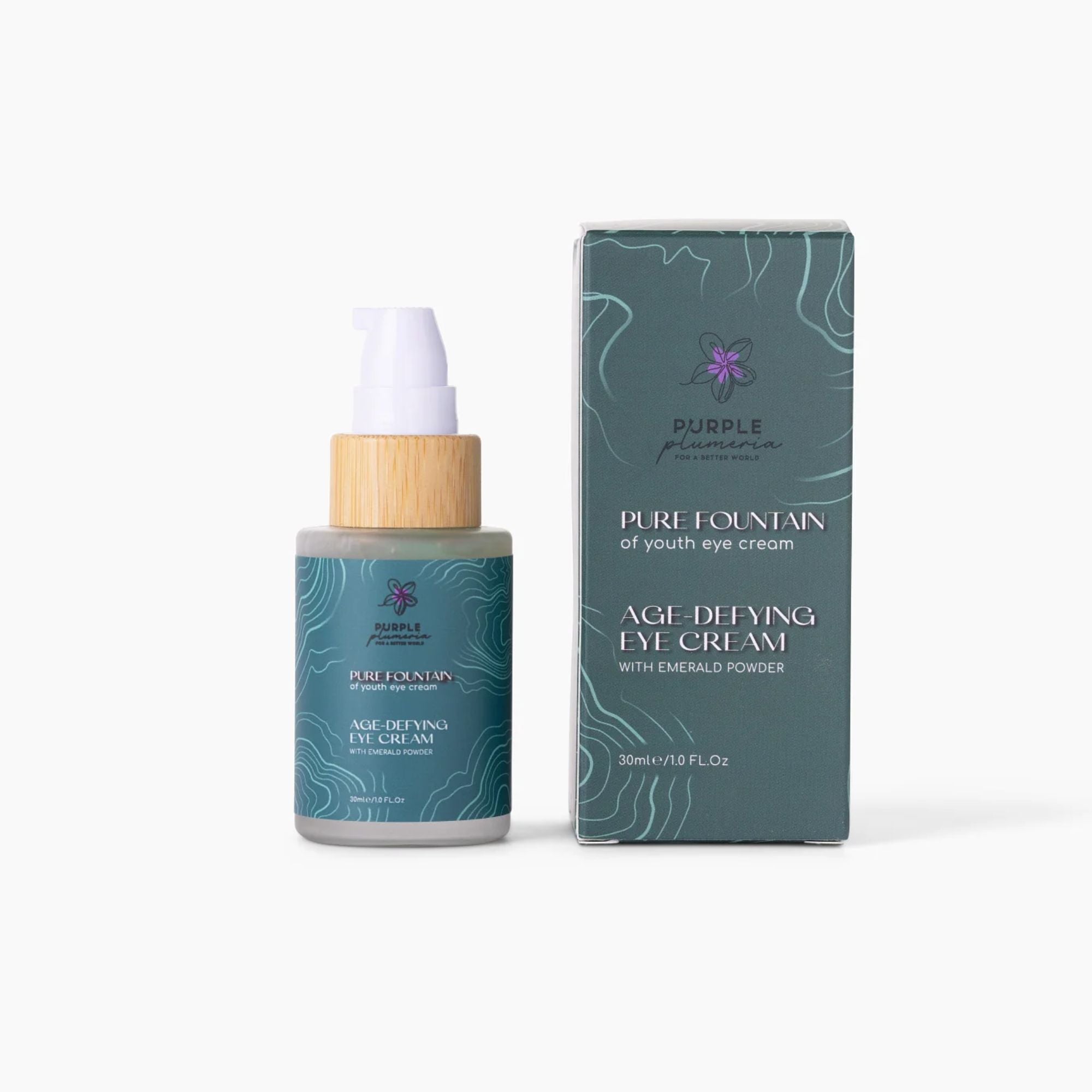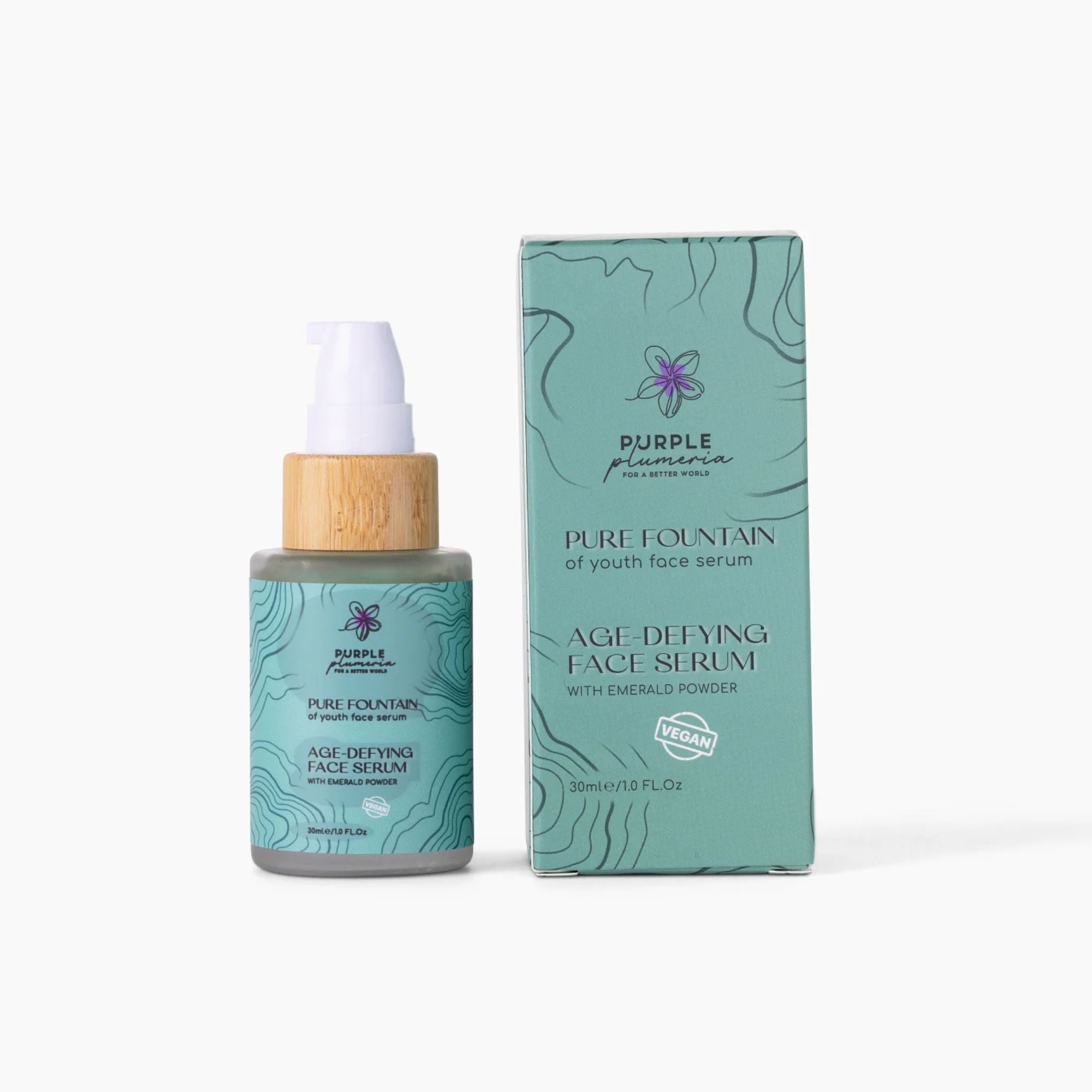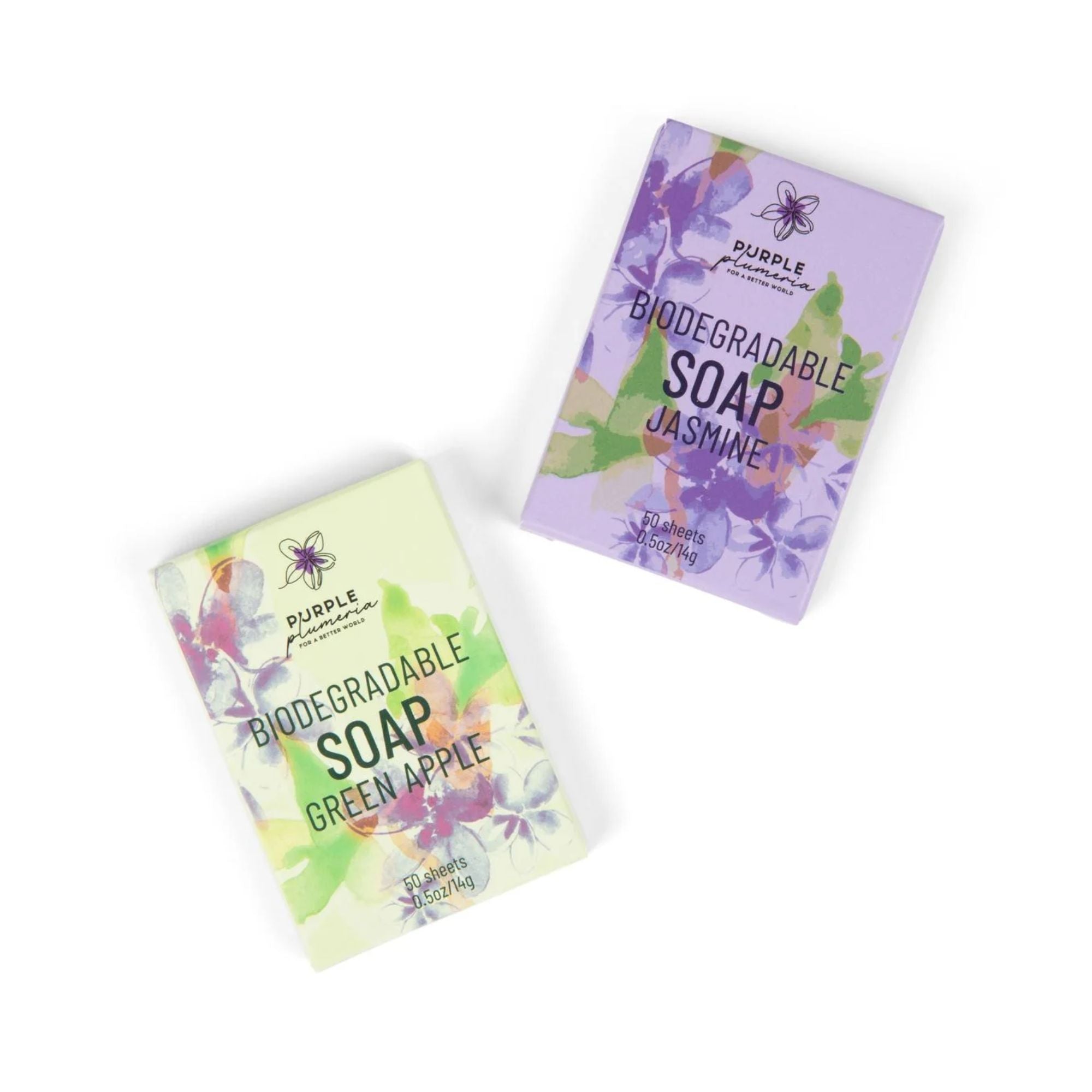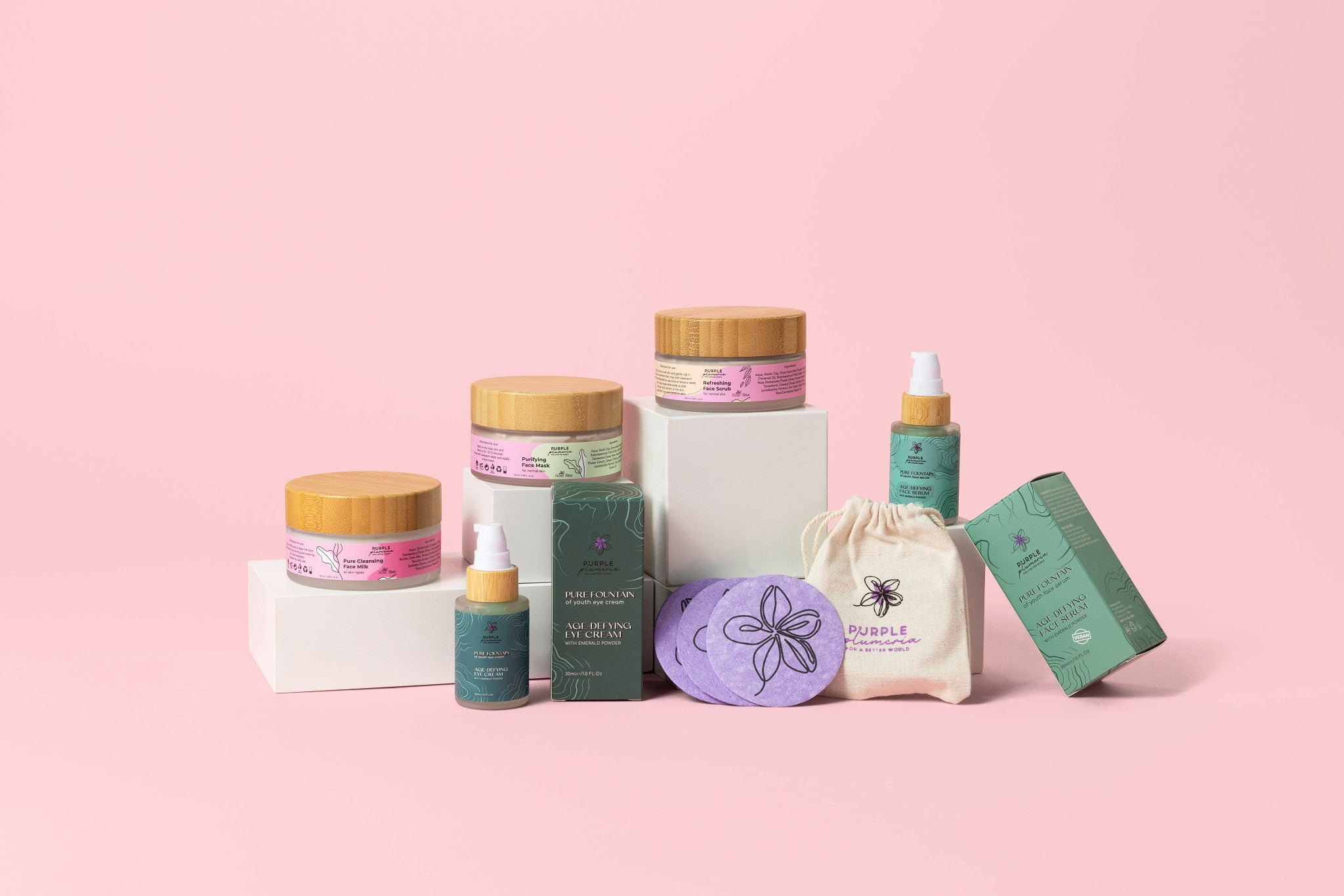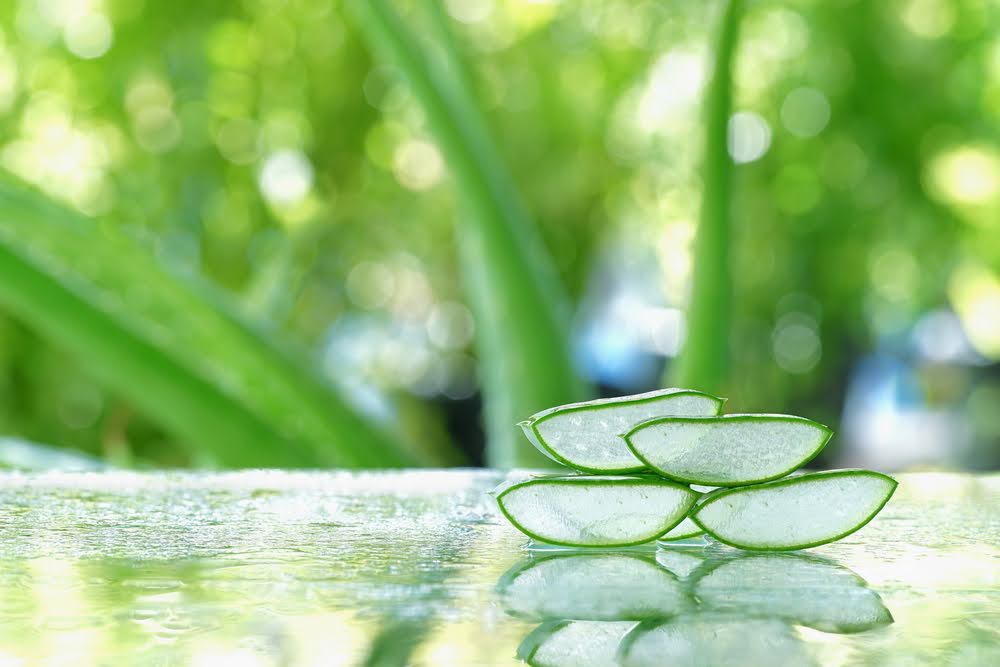If your skin reacts to almost everything, you're not alone. Sensitive skin can feel like a constant guessing game—what will cause redness today?
The good news is, you can take control by using the best ingredients for sensitive skin.
By choosing products with gentle, natural ingredients, you can soothe irritation and strengthen your skin's barrier over time—without the trial-and-error burnout.
Understanding What Sensitive Skin Needs
Sensitive skin doesn’t just mean feeling itchy or red—it’s about how your skin’s barrier responds to the world around it.
Stress, over-exfoliation, weather changes, or certain ingredients in personal care products can compromise that protective barrier. When the barrier is weakened, your skin can’t defend itself, leading to increased inflammation and dryness.
The key? Support that barrier instead of stripping it. Products that nourish, hydrate, and reduce inflammation are essential—and it all comes down to choosing the right ingredients.
The 6 Best Ingredients for Sensitive Skin
Here are the best ingredients to support your skin barrier and help your sensitive skin feel comfortable and nourished.
1. Colloidal Oatmeal
Colloidal oatmeal is a game-changer for irritated skin. It contains beta-glucans and avenanthramides—natural compounds that relieve itching and reduce inflammation.
It's not just for calming flare-ups; it also locks in moisture, making your skin feel soft and protected all day long. If you’re dealing with eczema, this ingredient is a must-have.
2. Centella Asiatica (Cica)
Also known as “tiger grass,” Cica is famous for healing wounds and calming stressed skin.
It’s rich in antioxidants and amino acids, which improve skin firmness and tone while reducing redness. You’ll find it in many K-beauty products for good reason—it works.
3. Squalane
Squalane is one of those ingredients that just gets along with your skin.
Naturally derived from olives or sugarcane, it mimics your skin’s oils. That means hydration without greasiness and support without irritation.
It also offers antioxidant benefits, helping to fight daily environmental damage.
4. Aloe Vera (Pure, Not Fragranced)
Aloe vera is one of the oldest remedies for calming the skin, but not all aloe products are created equal.
Go for pure, unfragranced aloe vera gel—it hydrates deeply and helps soothe sunburns, rashes, or any form of sensitivity. Plus, new research points to its potential in anti-aging and long-term skin repair.
5. Niacinamide (Vitamin B3)
If you want a multi-tasker, niacinamide is it. It reduces inflammation, calms redness, improves skin elasticity, and fades discoloration. You’ll often find it in gentle skincare products like a hydrating body lotion or soothing vegan body wash.
For sensitive skin, it’s especially effective at strengthening the lipid barrier—keeping moisture in and irritants out. And bonus: it's generally well-tolerated, even at higher concentrations.
6. Panthenol (Pro-Vitamin B5)
Panthenol does double duty as a moisturizer and a skin-soother. It improves your skin’s ability to hold onto water while also calming any existing irritation.
It plays well with other ingredients and doesn’t cause flare-ups—making it ideal for layering into your routine.
Choosing Natural Ingredients for Sensitive Skin: What Matters Most
"Natural" doesn't always mean "gentle." Some botanical extracts and essential oils may sound earthy and clean but can still trigger reactions.
For sensitive skin, it's more important to focus on natural ingredients for sensitive skin that are proven to calm and repair. Look for ones with anti-inflammatory and hydrating properties, such as aloe vera, and natural oils, like coconut, jojoba, and olive oil.
Reading ingredient labels might not be thrilling, but it’s worth it. Stick with shorter ingredient lists and prioritize products formulated for sensitive skin—not just those labeled “natural.”
3 Ingredients That Often Make Sensitive Skin Worse
Knowing the good ingredients isn’t enough to protect your sensitive skin. Here are three ingredients that can wreak havoc on your skin.
1. Synthetic Fragrance
Fragrance is one of the biggest culprits behind allergic reactions and skin irritation. What makes it tricky? Companies can legally group dozens of undisclosed chemicals under the term "fragrance."
For sensitive skin, even natural scents like citrus or peppermint can cause trouble. Your safest bet is always fragrance-free.
2. Alcohol (Denatured or SD Alcohol)
You’ll find alcohol in a lot of toners and cleansers meant to “degrease” the skin—but that’s the problem. Denatured alcohol dries out the skin, breaks down your natural barrier, and causes irritation.
Instead, look for hydrating alternatives or products that use fatty alcohols like cetyl or stearyl alcohol (which are safe).
3. Harsh Exfoliants (Physical Scrubs and Strong Acids)
If your exfoliator feels like sandpaper, that’s your sign to stop. Rough scrubs and intense acids can strip and scratch your skin. They may be ok to use on your body and feet, but definitely skip using them on your face.
Sensitive skin does better with chemical and vegan body exfoliants—lactic acid or enzymes that gently dissolve dead skin without damage. Once a week is usually plenty.
How to Make Ingredient Lists Work for You
Once you’re familiar with what your skin loves and hates, product labels become a helpful guide.
Ingredients are listed in order of concentration, so if an ingredient like aloe or squalane is near the top, that’s a good sign. Look for familiar, calming elements in the first five lines—and steer clear of products loaded with unpronounceables or mystery fragrance blends.
If you're trying a new product, patch-test it first. Dab a bit on your wrist or behind your ear and wait 24 hours. It’s a simple step that can save you from dealing with a full-blown reaction on your face.
Also, trust your skin's feedback. If it feels tight, looks red, or starts to sting, stop using the product—even if the label looks promising. Your skin is smarter than any marketing.
Conclusion
When it comes to skincare, less truly is more. The best ingredients for sensitive skin are the ones that protect, hydrate, and calm without overwhelming your skin.
By being selective and intentional, you can reduce irritation, strengthen your skin barrier, and finally feel confident in your routine.
Pay attention to how your skin reacts, trust your gut, and build a routine that prioritizes peace over complexity.
Discover Gentle, Eco-Friendly Skincare with Purple Plumeria
At Purple Plumeria, we believe skincare should feel good and do good—for your skin and the planet. That’s why we handcraft our bath and body products using natural ingredients for sensitive skin, designed to nourish without irritation.
Explore our full collection of eco-friendly essentials, and take the guesswork out of your skincare routine today.
